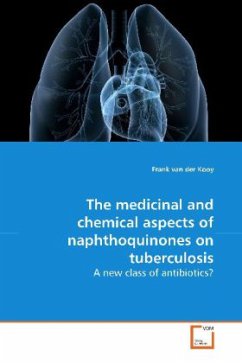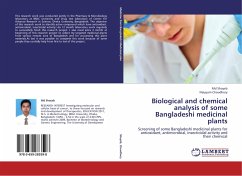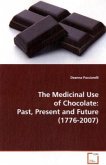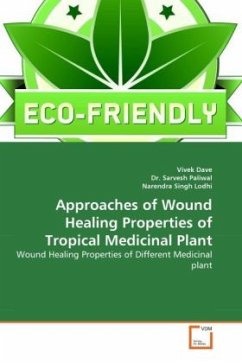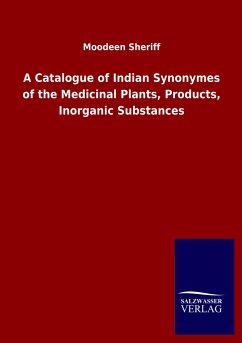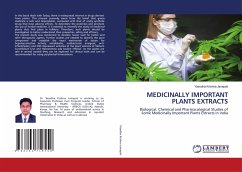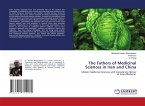The antimycobacterial activity of several
naphthoquinones initiated this study into the
occurrence, chemistry and biological activity of
these compounds. This book deals with the traditional
use of plants to treat TB-like symptoms and attempts
to establish a link between naphthoquinones and these
plants with the use of a metabolomics approach. It
furthermore deals with the chemical synthesis of the
main lead compound and some derivatives. This is
followed by the often neglected stability studies
performed on the main active compounds. These studies
showed that rapid breakdown of lead compounds do
occur during activity and toxicity testing, and that
this leads to false positives and negatives. The
activity and toxicity of the main active compounds
were tested using three models: Vero cells, mice and
Musca domestica. The last chapters deal with the
investigation of a structure activity relationship
and propose a mechanism of action for these
naphthoquinones. It was found that this class of
compounds interfere with the electron transport chain
by inhibiting menaquinone to bind to the cytochrome
complex. This indicates that these compounds might
become a new class of antibiotics.
naphthoquinones initiated this study into the
occurrence, chemistry and biological activity of
these compounds. This book deals with the traditional
use of plants to treat TB-like symptoms and attempts
to establish a link between naphthoquinones and these
plants with the use of a metabolomics approach. It
furthermore deals with the chemical synthesis of the
main lead compound and some derivatives. This is
followed by the often neglected stability studies
performed on the main active compounds. These studies
showed that rapid breakdown of lead compounds do
occur during activity and toxicity testing, and that
this leads to false positives and negatives. The
activity and toxicity of the main active compounds
were tested using three models: Vero cells, mice and
Musca domestica. The last chapters deal with the
investigation of a structure activity relationship
and propose a mechanism of action for these
naphthoquinones. It was found that this class of
compounds interfere with the electron transport chain
by inhibiting menaquinone to bind to the cytochrome
complex. This indicates that these compounds might
become a new class of antibiotics.

